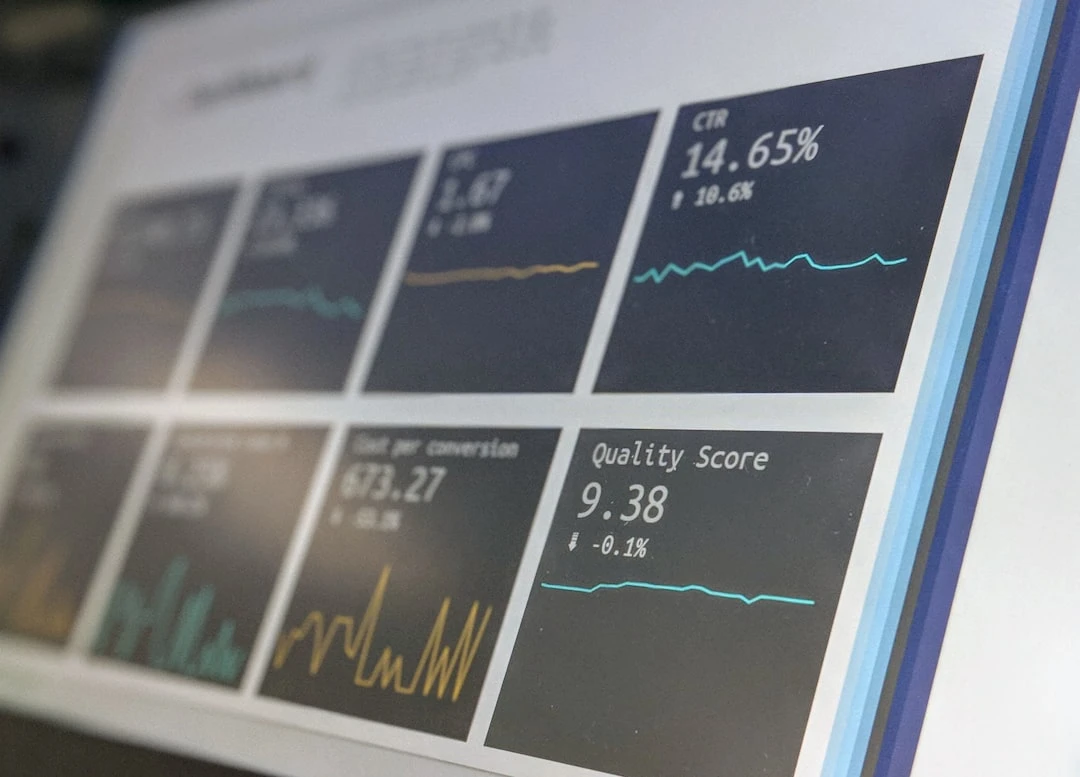Expert: Local Investors Dominate Commercial Real Estate Market This Year

The withdrawal of foreign investors from Estonia's commercial real estate market has created a favorable opportunity for local investors, who can now invest in commercial real estate on more favorable terms than before, commented Kirill Vigul, head of 1Partner Commercial Real Estate.
Vigul emphasizes that commercial real estate has always been more rational and interest rate sensitive, which is why capital leaves it earlier and returns later. "Foreign investors have been primarily in a selling position for a couple of years, and so the current situation is favorable precisely for those well-capitalized local entrepreneurs who are ready to take advantage of foreign investors' withdrawal," commented the head of 1Partner Commercial Real Estate.
"The lower activity of foreign investors doesn't actually mean that the Estonian market is somehow poor or unattractive, but rather it's a question of priorities. The commercial real estate market is very sensitive to changes in interest rates, and since the rise in interest rates affected the entire eurozone, they understandably focused their main attention on assets located in their home countries," explained Vigul and added that in such a situation, assets located outside the home country are abandoned as a priority.
Almost all recent significant events on the Estonian commercial real estate market are related to local players, confirms Kirill Vigul and mentions the opening of Arteri Quarter and the purchase of Kristiine Shopping Centre as the year's top events. "Especially in the second half of the year, you could feel a certain increase in investment confidence, which is well illustrated by, for example, the Amsrvi and Capital Mill agreement advised by 1Partner and made public at the end of the year to build the largest Toyota dealership in the Baltics in Tallinn to be completed in the summer of 2026," said Vigul.
The head of 1Partner Commercial Real Estate points out that the sharp rise in Euribor a couple of years ago made several business plans impossible to implement, and the interest rate increase also brought about capital movement from real estate to other asset classes. "By now, Euribor is on a downward trend and likely in 2025 transaction volumes will start growing, as lower interest rates will make many projects that have been shelved attractive again," Vigul concluded the topic.




